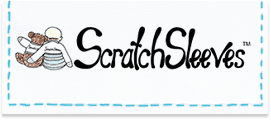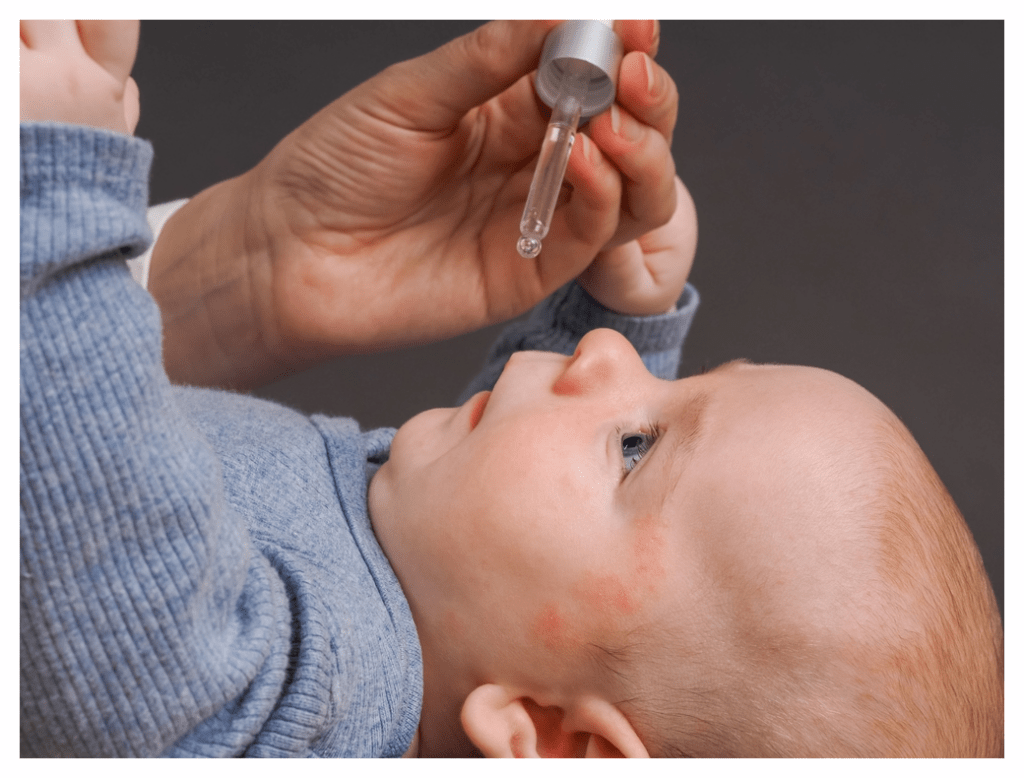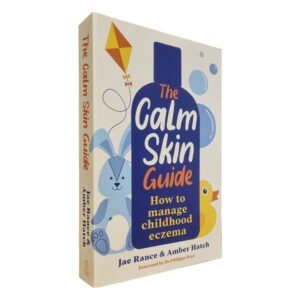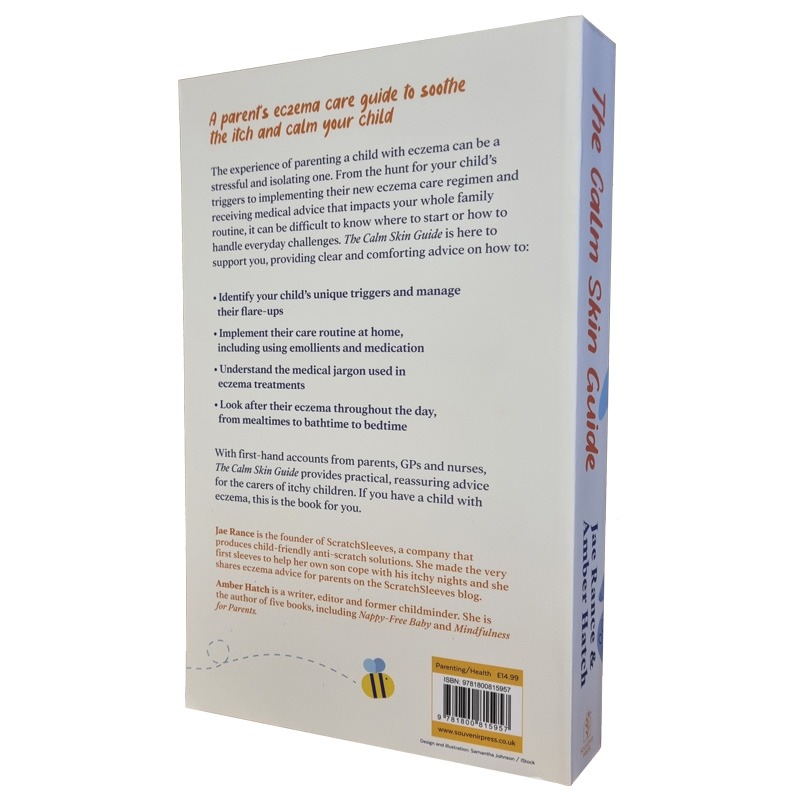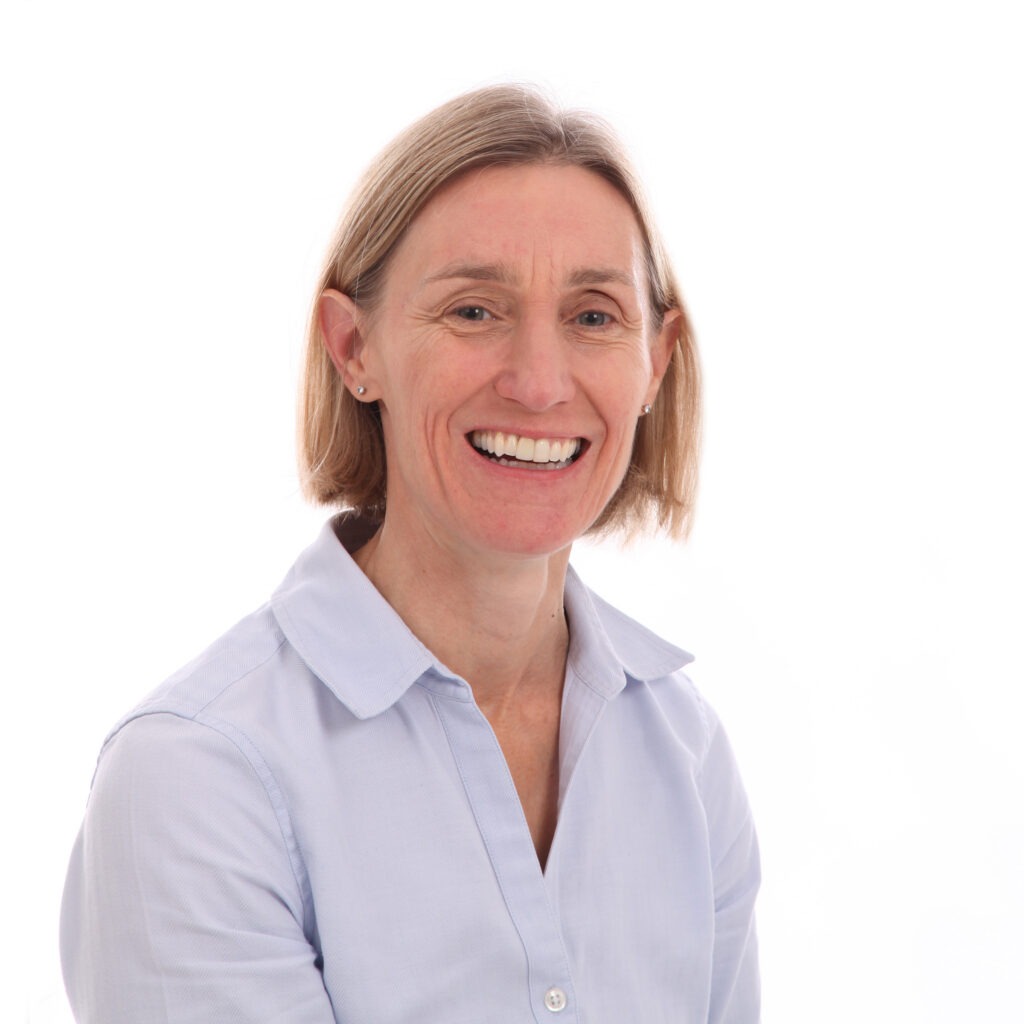Can homoeopathy help my child’s eczema?

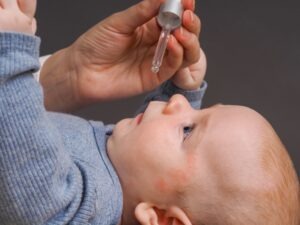

Of all the alternative eczema remedies, homoeopathy is one of the most with regard to effectiveness. We look at the evidence supporting its use and how to find a reliable practitioner.
Around 200 trials have compared homoeopathy against placebos. These trials have concluded that there is no evidence that homoeopathy pills are any better than a placebo. However, users of homoeopathy typically report improved health following treatment (70%)1. Possible mechanisms for this mismatch between scientific evidence and patient experience include the fact that homoeopaths generally treat conditions that are either self-resolving or susceptible to the placebo effect. Also, homoeopathic patients are self-selecting, self-funding and so invested in results. They may have a rosier view of the benefits than they would otherwise.
It is worth noting that homoeopathic consultations are typically long and empathetic. A separate, systematic review found that medical practitioners who adopt a friendly and reassuring manner are more effective than those who keep consultations formal and do not offer reassurance2. Stress is known to aggravate many conditions, including eczema. It is possible that by taking the time to listen and reassure patients, medical professionals can lower stress levels and thus improve results without any medication at all.
Does homoeopathy work for childhood eczema?
There have been a number of studies comparing the relative effectiveness of homoeopathy and conventional medicine. These studies show that up to 1 in 5 children seen by homoeopaths have eczema3. However, homoeopathy does not appear to treat eczema more effectively than conventional medicine and is substantially more expensive4. These studies showed that conventional medicine worked faster4 and gave better improvements to quality of life scores than homoeopathic treatment for older children (8-16 years)3. While eczema improved for both the conventional and homoeopathy groups, it’s important to remember that statistically eczema improves with age. Other studies have shown that homoeopathic remedies have no effect on eczema in the general population5.
How are homoeopathic medicines thought to work?
Homoeopathy is a medical system based on the belief that the body can cure itself. It was developed in the late 1700s in Germany. The belief behind homoeopathy is that “like cures like.” In other words, something that brings on symptoms in a healthy person can, in a very small dose, trigger the body’s natural defences to fight those symptoms in an unhealthy person. As an example, red onion makes your eyes water and is used in homoeopathic remedies for allergies.
Homoeopathic remedies start with substances, such as herbs, minerals, or animal products. These substances are first crushed and dissolved in a liquid, then mechanically shaken before being stored as the “mother tincture”. Practitioners believe this shaking step imprints the characteristics of the original ingredient on the liquid. However, there is no known mechanism for this process. The mother tincture is diluted further with alcohol or lactose, either 1 part to 10 (written as “x”) or 1 part to 100 (written as “c”). These tinctures are shaken, yielding a 1x or 1c dilution. Many times practitioners will use much higher dilutions. This is because they believe the more diluted the substance, the more potent its healing powers. Many of these medicines have been diluted so much that they no longer contain any molecules of the original substance.
What to expect from an appointment with a homoeopathic practitioner
Homoeopathic practitioners work both in person and remotely. Either way, you are likely to be asked to complete a basic medical history questionnaire before you begin. The first appointment with a homoeopathic practitioner is likely to take 1-2 hours. Your practitioner will want to get to know your child and understand as much as possible about their current symptoms. This will include things like how your child feels, what aggravates their eczema, what makes it better and do their symptoms change over time. Your practitioner will also want to know about your child’s overall health, medical history (including family history) and be interested in your child’s emotional disposition and preferences. The practitioner may also want to carry out a physical examination.
Using all this information, the practitioner will then match the symptoms and personality of the patient to one or two of the over 5000 possible homoeopathic remedies. Because homoeopathy aims to treat the whole person, there are a number of remedies commonly prescribed for eczema in children. For example: a hot, untidy, boisterous child who craves being outside and hates eating eggs, whose itching is aggravated by contact with water or warmth and is so intense that they scratch until they bleed, may be prescribed Sulphur. In contrast, an anxious child who loves sweets and whose eczema is itchy first thing in the morning and after bathing or getting sweaty may be given Calc carb.
Follow up appointments will be needed to assess the effectiveness of the initial prescription and to make further recommendations if necessary. Most practitioners will have no problem with prescribing alongside conventional treatment prescribed by your medical professional.
Are there any safety concerns?
As homoeopathic medicines are so diluted, they are not considered to be any danger to health. While homoeopathic medicines are unlikely to interact with conventional medicines, it is wise to let your medical professional know if your child has been taking them.
Regulation
There is no legal regulation of homoeopathic practitioners in the UK. This means that anyone can practise as a homoeopath, even if they have no qualifications or experience. The Faculty of Homeopathy is the only body in the UK which represents medically-qualified homoeopathic practitioners. Its members are bound to act within the competence of their profession and their level of training and qualification in homoeopathy. Non-medically trained homoeopathic practitioners registered with the Society of Homeopaths & Alliance of Registered Homeopaths undergo examination and have requirements around competence and professional development.
In the USA, regulation varies by state. In most states, practitioners of homoeopathy must be licensed health care providers. There are several respected certification agencies. The American Board of Homeotherapeutics certifies medical doctors and doctors of osteopathic medicine (DOs) who have specialised in homoeopathy (DHt indicates a doctor of homoeopathy). Naturopathic doctors study homoeopathy extensively as part of their medical training and some are certified by the Homoeopathic Academy of Naturopathic Physicians (DHANP).
In Canada, Ontario is the only province that regulates homoeopathic practitioners through the College of Homeopaths of Ontario. Other provinces, rely on the voluntary certification provided by The Canadian Society of Homeopaths (CSH). This organisation provides and validates individual assessments for those with approved qualifications.
In Australia, homoeopathic practitioners are designated as ‘unregistered healthcare practitioners meaning that there is no government oversight over the way they practise’. Instead, the voluntary Australian Register of Homoeopaths ensures that all members have appropriate qualifications, follow the code of conduct and keep their qualifications up to date.
So, can homoeopathy work for eczema in young children?
There is little or no robust evidence available regarding the effectiveness of homoeopathy in babies and young children. That said, the benefits of having a sympathetic ear should not be underestimated for either the patient or their carer. Although for little ones this effect is likely to be limited, they may benefit from a reduction in their carer’s stress levels.
Our sources
- https://publications.parliament.uk/pa/cm200910/cmselect/cmsctech/45/4504.htm#a15
- https://pubmed.ncbi.nlm.nih.gov/11253970/
- https://pubmed.ncbi.nlm.nih.gov/18346624/
- https://pubmed.ncbi.nlm.nih.gov/23383019/
- https://pubmed.ncbi.nlm.nih.gov/22568455/
As well as sharing our experience of bringing up an eczema child (and favourite allergy-friendly recipes), we also manufacture and sell our unique stay-on scratch mitts and PJs for itchy babies, toddlers and children. We now stock sizes from 0-adult years in a range of colours and designs. Visit our webshop for more information.
The Calm Skin Guide
Love our blog? It's also available in book format with:
- First hand accounts from parents & medical professionals
- Easy navigation
- Comprehensive index
- Additional material
Signed copies available at no extra cost
Written by:
Interesting article? Don't keep it to yourself...
Read next...
You may also find helpful...
Quick buy


Multi Buy Discount

Spend between £30 - £60 and save 5%
Spend between £60 - £120 and save 10%
Spend over £120 and save 15%
Discount automatically applied at checkout
No Quibbles Guarantee
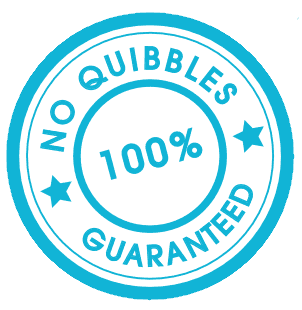
ScratchSleeves abide by a no quibbles guarantee.
Free UK Postage

Free packing and postage on all UK orders. For overseas orders to Europe postage is from £3.50, to USA is £6.50 and to the rest of the world, from £3.75.

